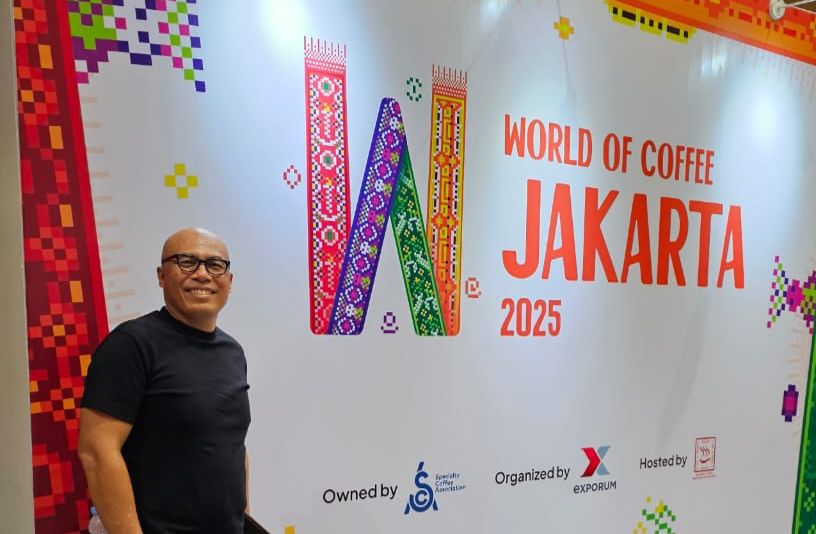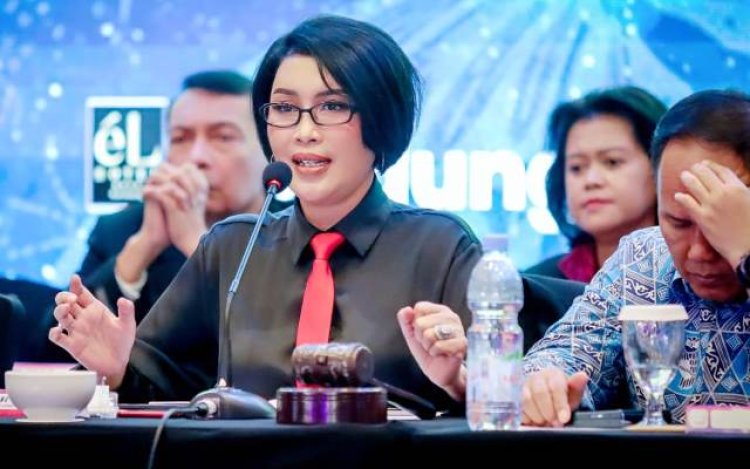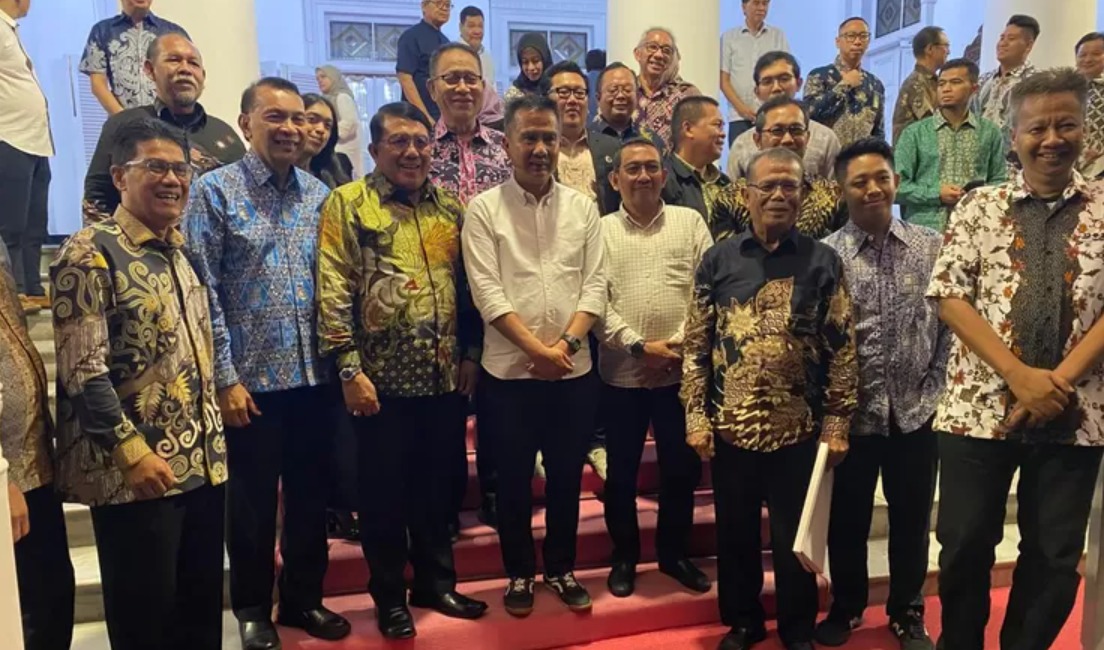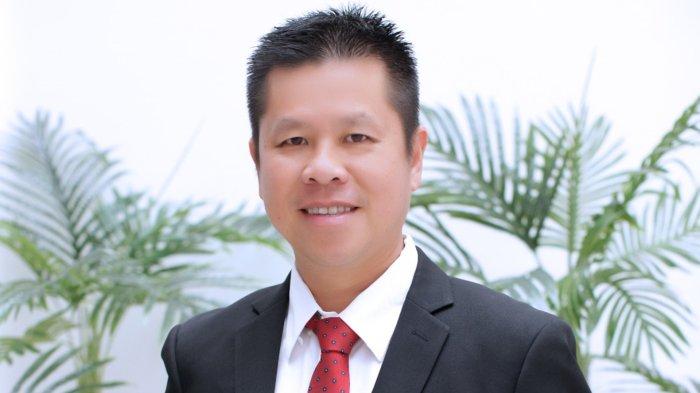Chairman of APINDO South Sumatra: South Sumatra Coffee Refuses to Be Forgotten
Sunday, 18 May 2025
Jakarta – South Sumatra is Indonesia’s largest coffee-producing province, contributing approximately 26% of the nation’s total output. Yet, the identity and uniqueness of this Sriwijaya Land coffee remain relatively unknown—even among coffee enthusiasts. This concern was raised by Sumarjono Saragih, Chairman of APINDO South Sumatra and Founder of SoCOFI (South Sumatera Sustainable Coffee Initiatives).
During the GAPKI National Conference in Surabaya, Sumarjono asked fellow GAPKI board member Agam Facthurrohman about South Sumatra coffee. Agam’s spontaneous reply, "Why have I never heard of it?", struck a chord. The response, although simple, underscored a larger issue: even coffee lovers are unfamiliar with South Sumatra’s coffee.
South Sumatra’s coffee has tremendous potential—it is time for it to rise. But it must rise with a strong brand and narrative that proudly carries the province’s name. No longer should it be overshadowed by its neighbor. “South Sumatra grows the coffee, but Lampung gets the name,” is a frequently heard yet unfortunate phrase. Fortunately, new events and movements are beginning to signal a revival—chief among them is SoCOFI, an initiative for sustainable coffee development in South Sumatra, spearheaded by Sumarjono.
With extensive experience in the palm oil industry, Sumarjono is determined to bring sustainability principles into the coffee sector. Palm oil and coffee share common upstream challenges, particularly at the farmer level. But coffee farmers face even greater complexity. While palm oil farmers often benefit from strong partnerships with plantation companies, coffee producers lack such support. Coffee companies typically operate downstream and do not own plantations.
The coffee industry is massive and currently experiencing a surge in global interest—not just in Indonesia but worldwide. This was evident to Sumarjono during the recent World of Coffee 2025 exhibition in Jakarta (May 15–17).
“I was deeply impressed. Three years ago, I attended the World of Coffee in Milan, Italy. But I found the Jakarta event even more inspiring. Truly remarkable,” wrote Kristina Kurts via WhatsApp. Kristina, a manager at the International Labour Organization (ILO), will serve as APINDO South Sumatra’s partner in the SoCOFI coffee project.
The World of Coffee Jakarta exhibition showcased exciting growth in the downstream sector—from cafés and roasters to equipment and technology. However, there was little visible movement in the upstream sector. Why is this the case? Who is responsible for supporting coffee farmers, especially as they face climate change and sustainability challenges? And more specifically—where are the farmers of South Sumatra in this equation?
The brief conversation with Agam and the inspiration drawn from the exhibition have only fueled Sumarjono’s resolve to elevate South Sumatra’s coffee industry. The region’s coffee ecosystem must evolve—and quickly. OJK Regional Chairman for Southern Sumatra, Arifin Susanto, is already working to shape a sound financial ecosystem. Other subsystems—including logistics, warehousing, trade regulations, and institutions—must follow.
“We must place farmers at the center of this transformation. A people-centered, sustainable coffee movement in South Sumatra. One that prioritizes farmer welfare. This aligns with many global and national frameworks, including ESG, SDGs, EUDR, and CSDDD. At the national level, it fits within the Indonesia Emas 2045 vision. That is the core mission I carry through SoCOFI. Together, we will make sure South Sumatra Coffee Refuses to Be Forgotten,” said Sumarjono.
Source: mediaperkebunan.id









